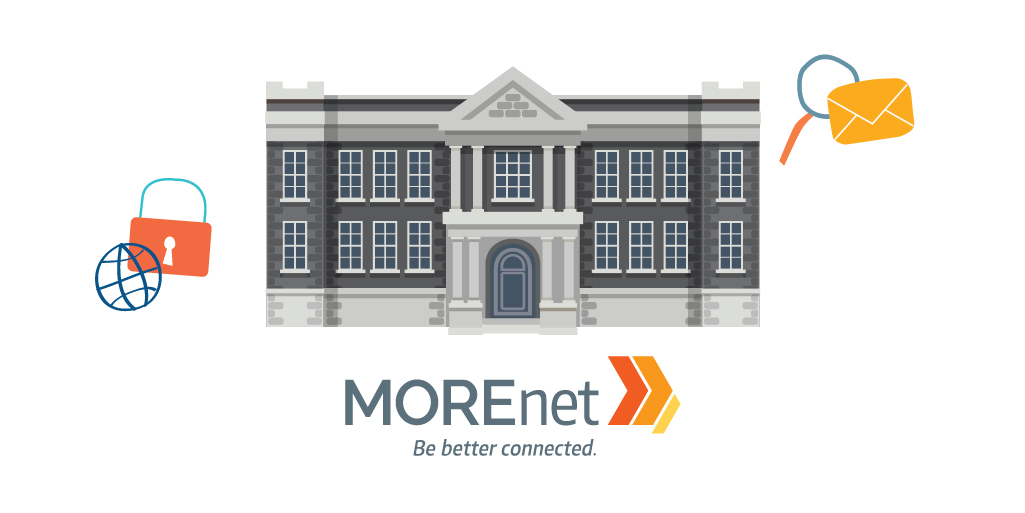
Creative Commons is a nonprofit organization that has developed a licensing framework to address the complexities of copyright in the digital age. By offering a set of licenses, Creative Commons allows creators to share their work while still retaining some control over its use. These licenses are designed to be more flexible than traditional “all rights reserved” copyright, empowering creators to choose the permissions and conditions under which their work can be used by others.
Creative Commons offers a variety of licenses, each representing a combination of four different conditions: Attribution, ShareAlike, NonCommercial, and NoDerivatives. These conditions allow creators to specify how their work can be shared, modified, and used commercially. For example, a creator may choose to allow others to use their work as long as they give proper credit (Attribution), or they may require that any derivative works be released under the same license (ShareAlike). By tailoring these conditions to their preferences, creators can strike a balance between sharing their work and protecting their rights.
The overarching goal of Creative Commons is to foster a culture of openness and collaboration. By encouraging the reuse and remixing of creative content, Creative Commons licenses facilitate innovation and creativity in fields such as art, music, literature, research, and education. The organization’s approach recognizes that creativity often builds upon existing works, and by providing a legal framework that promotes sharing and collaboration, Creative Commons contributes to a more vibrant and accessible cultural ecosystem.
If you would like to know more please visit our training page to sign up for a class on Creative Commons. https://www.more.net/list_pages/events/
